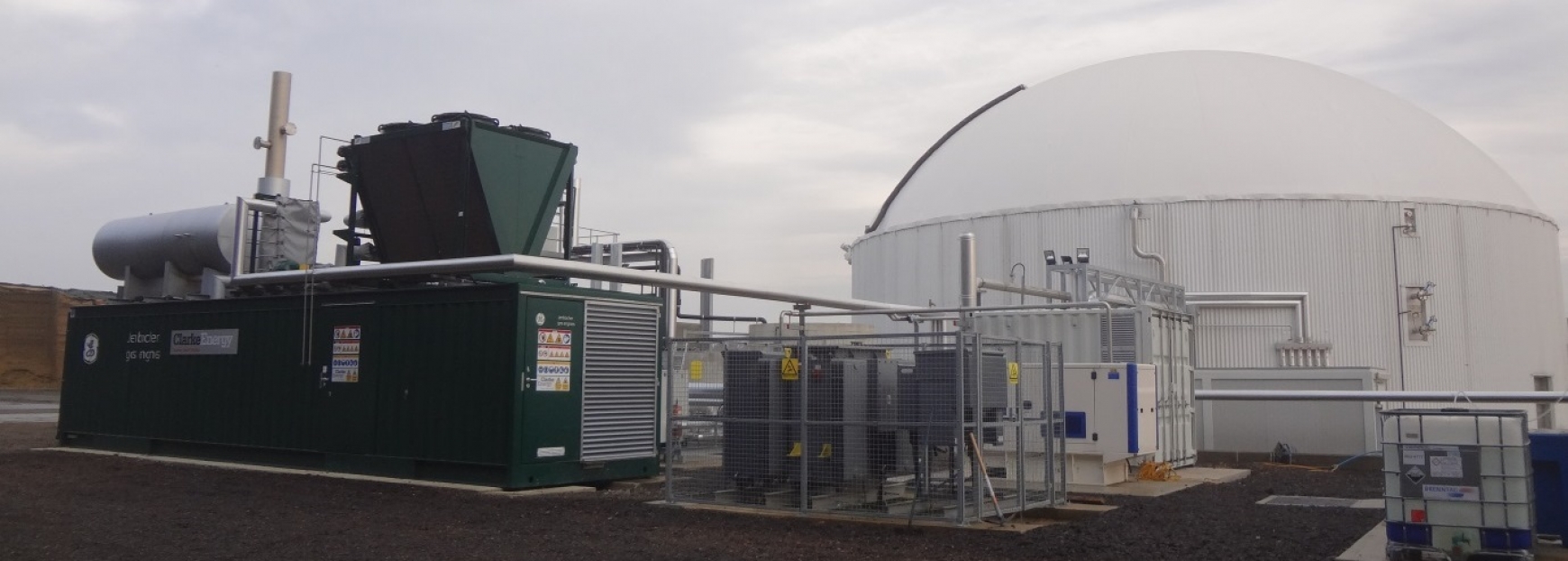There is a legislative understanding for Anaerobic Digestion (AD) plants in that they are waste treatment plants that turn waste into energy. However, due to the broad range of needs that AD plants deliver, this is not always the case.
In general, the definition of waste is something that has been discarded, i.e. no longer needed by the primary producer. This definition is used within UK law and follows the revised Waste Framework Directive (2008) definition. Therefore, any AD plants using waste biomass (from agriculture), food (municipal/commercial/retail waste) and wastewater (industrial) as fuel require an AD permit. These substances are essentially no longer suitable for human consumption and would otherwise go to landfill or incineration, and their use is consequently subject to waste permitting.
But what about AD plants not burning wastes?
When purpose grown crops (maize, wheat, beet, etc) are specifically for an AD process, and there are no other materials or wastes being handled or used as feedstock, then AD plants themselves do not require environmental permits. However, there are additional permits and exemptions (where applicable) specifically for the handling and spreading of digestate that must also be considered.
AD plants that do not solely export their biomethane and inject to the national grid may have biogas boilers or Combined Heat and Power (CHP) engines installed for turning the AD biogas into useable heat for space heating onsite (such as greenhouses). Most critically, any combustion plants with thermal input above 1 MW that were commissioned after the 20 December 2018 require regulation by the Environment Agency under a Medium Combustion Plant/Specified Generator (MCP/SG) permit; plants with inputs less than 1 MWth input do not require environmental permits.
Waste Definition Exemptions
The EA and Ofgem have different definitions of waste and utilise different methods of categorising biomass/materials. However, there are some definitive exclusions for agricultural waste, such as faecal matter not covered by ABPR, straw and other natural non-hazardous agricultural or forestry material used in farming, forestry or for the production of energy from such biomass through processes or methods which do not harm the environment or endanger human health.
But what if an items waste status is unclear?
The true qualification of waste is a material that is being discarded, in which case it should be classified as a waste, but it also depends on whether it is excluded from the Waste Framework Directive, such as certain agricultural residues. Further guidance on the definition of waste can be found on the gov.uk website. In addition, items that arrive onto your site with a Waste Transfer Note and a European Waste Catalogue (EWC) code are most certainly determined to be waste.
If you provide a product that is suitable for use in AD plants and would like a definitive decision on whether it is a waste or not, you need to contact the end of waste team for a decision. There is an ‘Is it waste’ tool on gov.uk to help decide whether your product is a waste or not, but the decision panel’s input will require comparative case studies and environmental assessments to demonstrate the new product is more environmentally competitive than the product it is substituting.
If you need support with an AD site, AD permit, combustion plant permit, want to explore an end of waste feasibility study, or any further advice on anything discussed in this blog, please call the NFU Energy team on 024 7669 8899.


